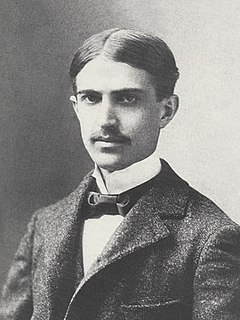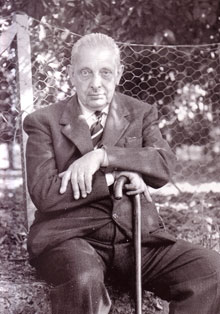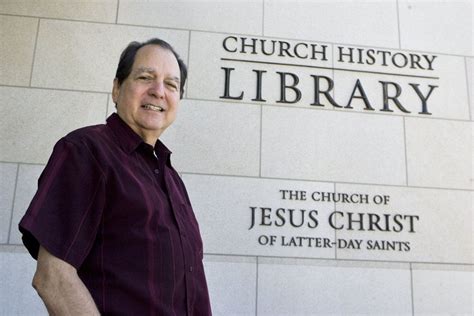A Quote by Stephen Crane
Perhaps an individual must consider his own death to be the final phenomenon of nature.
Quote Topics
Related Quotes
This must be our belief when we have a correct knowledge of our own self, and comprehend the true nature of everything; we must be content, and not trouble our mind with seeking a certain final cause for things that have none, or have no other final cause but their own existence, which depends on the Will of God, or, if you prefer, on the Divine Wisdom.
With only one life to live we can't afford to live it only for itself. Somehow we must each for himself, find the way in which we can make our individual lives fit into the pattern of all the lives which surround it. We must establish our own relationships to the whole. And each must do it in his own way, using his own talents, relying on his own integrity and strength, climbing his own road to his own summit.
The man who enters combat encased in solid armor plate, but lacking the essential of selfconfidence, is far more exposed and naked to death than the individual who subjects himself to battle shorn of any protection but his own skill, his own belief in himself and in his wingman. Righteousness is necessary for one's peace of mind, perhaps, but it is a poor substitute for agility . . . and a resolution to meet the enemy under any conditions and against any odds.
Perhaps the individual is so viable a god because he can actually understand the ceremonial significance of the way he is treated, and quite on his own can respond dramatically to what is proffered him. In contacts between such deities there is no need for middlemen; each of these gods is able to serve as his own priest.
Just as man's physical existence was liberated when he grasped that 'nature, to be commanded, must be obeyed', so his consciousness will be liberated when grasps that nature, to be apprehended, must be obeyed - that the rules of cognition must be derived from the nature of existence and the nature, the identity, of his cognitive faculty.







































